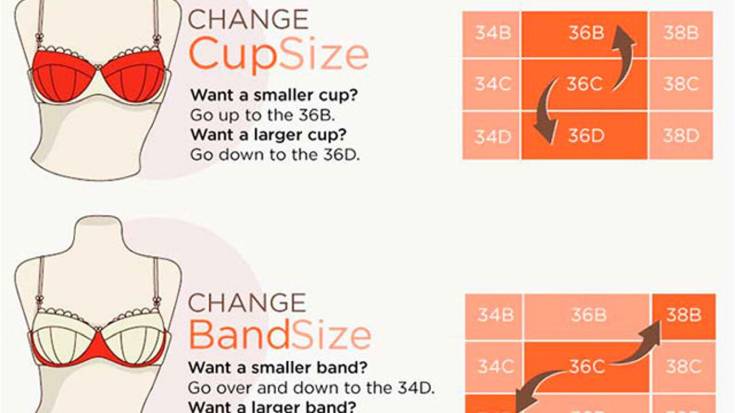Have you ever wondered if shedding those extra pounds could actually add some inches to your height?
The relationship between weight loss and height may surprise you. While the idea of losing weight making you taller might sound contradictory at first, there are intriguing connections between the two that go beyond just numbers on a scale.
Understanding how losing weight can impact your body in unexpected ways might just make you reconsider your weight loss goals.
The Link Between Weight Loss and Height
Losing weight can create the illusion of increased height due to improved posture and reduced spinal compression. When you carry excess weight, especially around the midsection, it can cause your spine to compress, leading to a slight stoop or curvature. By shedding excess pounds, you relieve this pressure on your spine, allowing it to lengthen and straighten more effectively. Additionally, as you lose fat, your muscle tone improves, providing better support for your spine and overall posture.
Furthermore, losing weight can positively impact your joints and cartilage. Excess weight puts strain on your joints, especially in the lower body, which can lead to a slightly hunched stance. As you slim down, this strain is reduced, allowing your joints to function optimally and your body to align more efficiently. While losing weight won't physically make you taller in terms of bone length, the improvements in posture and spinal health can certainly give the appearance of increased height.
Impact of Weight Loss on Spinal Health
Improving spinal health through weight loss involves relieving pressure on the spine and optimizing joint function to enhance overall posture and alignment. Excess weight can strain the spine, leading to conditions like herniated discs, sciatica, and general discomfort. When you lose weight, especially around the midsection, the load on your spine diminishes, reducing the risk of developing these issues.
Additionally, weight loss can improve the flexibility and strength of the muscles supporting the spine, which further aids in maintaining proper alignment.
Furthermore, shedding extra pounds can positively impact the intervertebral discs that act as cushions between the vertebrae. These discs require proper hydration and nutrition to function effectively. Weight loss can enhance the absorption of nutrients into these discs, promoting their health and resilience. By maintaining a healthy weight, you can also prevent the progression of conditions such as degenerative disc disease, which can significantly affect spinal health over time.
Therefore, prioritizing weight loss can play a crucial role in safeguarding the well-being of your spine.
Role of Weight Loss in Posture Improvement
To enhance your posture effectively, weight loss plays a crucial role in optimizing the alignment of your spine and supporting muscles. Excess weight can put strain on your spine, leading to issues like lordosis (swayback) or kyphosis (hunchback). By shedding extra pounds, you reduce this burden on your spine, allowing it to maintain its natural curvature more easily. Additionally, weight loss can help strengthen the muscles that support your spine, such as the core and back muscles, resulting in better posture control.
When you carry excess weight, your body may compensate by leaning forward or adopting unnatural positions to balance the load. This can lead to poor posture habits that worsen over time. Losing weight can help correct these imbalances, enabling you to stand and sit more upright with less effort. Improved posture not only enhances your appearance but also reduces the risk of developing musculoskeletal issues in the long run. By combining weight loss with posture-improving exercises, you can achieve a more aligned and healthier spine.
Weight Loss and Increased Height Potential
Excess weight can impact not just your posture but also potentially affect your height due to the compressive forces on your spine. When you carry extra weight, especially around your midsection, it can cause the spine to compress, leading to a slight reduction in height over time. Losing weight can alleviate this pressure on your spine, allowing it to decompress and potentially regain some of the lost height.
While losing weight may not directly make you taller in the sense of adding extra inches to your frame, it can help you reclaim some of the height that was previously compressed. By reducing the strain on your spine through weight loss, you may notice a slight increase in height due to improved posture and spinal alignment.
Therefore, if you're looking to maximize your height potential, maintaining a healthy weight through a balanced diet and regular exercise is essential. Not only can weight loss benefit your overall health, but it may also help you stand a little taller.
Practical Tips for Healthy Weight Loss
Implementing gradual changes to your eating habits and activity levels can support sustainable weight loss and overall health improvement. Start by focusing on a balanced diet with plenty of fruits, vegetables, whole grains, lean proteins, and healthy fats. Avoid highly processed foods, sugary beverages, and excessive amounts of saturated and trans fats. Portion control is key; try using smaller plates, eating slowly, and paying attention to hunger cues to prevent overeating.
Incorporating regular physical activity is crucial for successful weight loss. Aim for at least 150 minutes of moderate aerobic exercise or 75 minutes of vigorous activity each week, along with strength training exercises on two or more days. Find activities you enjoy, whether it's walking, cycling, swimming, or dancing, to stay motivated and consistent.
Remember to stay hydrated, get an adequate amount of sleep, manage stress levels, and seek support from friends, family, or a healthcare professional. Healthy weight loss is a gradual process that requires patience, persistence, and a commitment to long-term lifestyle changes.
Conclusion
In conclusion, while losing weight may not directly increase your height, it can improve your spinal health and posture, giving the illusion of being taller.
By maintaining a healthy weight through proper diet and exercise, you can optimize your body's potential for growth and overall well-being.
Remember, a balanced approach to weight loss is key to achieving a healthier, taller you. Stay informed, stay active, and stay healthy.


